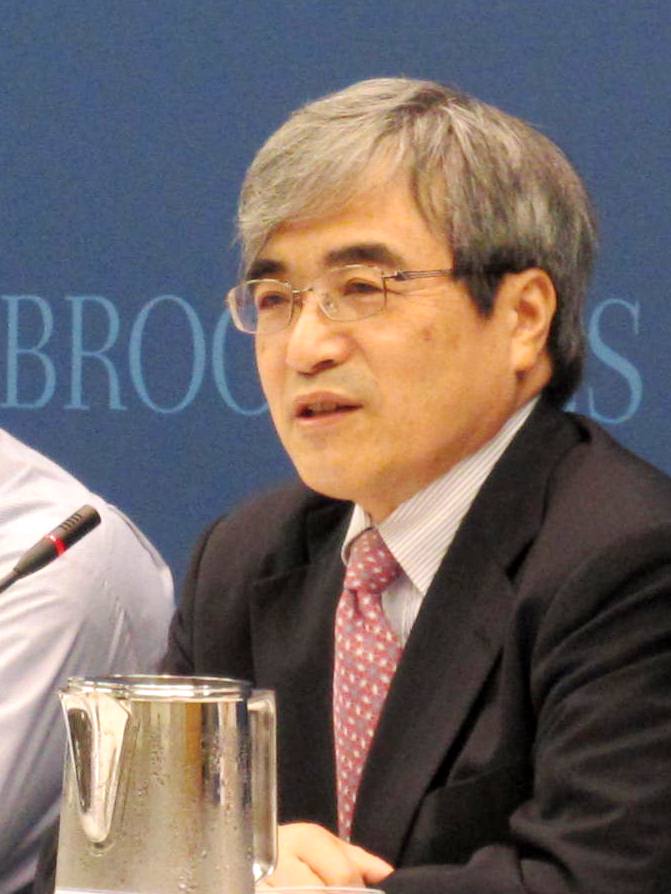Rethinking the Aid Paradigm in Africa: JICA-RI Director Kato Joins a Discussion at the Brookings Institution
2014.06.30
Sub-Saharan Africa is forecasted to grow by six per cent in 2014, which would make the region second to Asia in its economic dynamism.
Improved governance and better business climate in African nations led major donor countries such as Japan to shift their focus on aid from traditional social development and humanitarian support to investment in infrastructure development, public-private partnerships (PPPs), and a more active private sector.
After two decades of development support to Africa, Japan now recognizes the increasingly important role of the private sector in African development. At the 5th Tokyo International Conference on African Development (TICAD V) held in 2013, Prime Minister Shinzo Abe announced: Japan will contribute $32 billion to Sub-Saharan Africa over the next five years, including $16 billion from public and private resources and the maximum of $ 2 billion in trade insurance in addition to $14 billion in Official Development Assistance (ODA).

Director Kato
On June 13, the Brookings Center for East Asia Policy Studies and the African Growth Initiative co-hosted a public event under the theme of Japan's engagement in Africa. This event, where Hiroshi Kato, JICA-RI's Director and JICA Vice President, participated as a panelist, aimed to discuss and identify new engagement strategies with which Japan and other donors can contribute to African development.
Kato gave a presentation at a panel discussion entitled "Re-envisioning Japan's Contribution to African Development: The Role of the Private Sector." He discussed that infrastructure development, one of the important conditions for private sector activities, should be prioritized for development in Africa, so as to facilitate regional integration both within countries and across national borders and to stimulate vigorous economic activities. He also affirmed that infrastructure development in sub-Saharan Africa must go hand in hand with a variety of development projects in such sectors-manufacturing, agricultural production, and natural resources, and that long-term master plans are useful for undertaking such a comprehensive approach. "These approaches have turned out to be successful in Asia and are worth trying in Africa," Kato concluded.

事業事前評価表(地球規模課題対応国際科学技術協力(SATREPS)).国際協力機構 地球環境部 . 防災第一チーム. 1.案件名.国 名: フィリピン共和国.

事業事前評価表(地球規模課題対応国際科学技術協力(SATREPS)).国際協力機構 地球環境部 . 防災第一チーム. 1.案件名.国 名: フィリピン共和国.

事業事前評価表(地球規模課題対応国際科学技術協力(SATREPS)).国際協力機構 地球環境部 . 防災第一チーム. 1.案件名.国 名: フィリピン共和国.

事業事前評価表(地球規模課題対応国際科学技術協力(SATREPS)).国際協力機構 地球環境部 . 防災第一チーム. 1.案件名.国 名: フィリピン共和国.

事業事前評価表(地球規模課題対応国際科学技術協力(SATREPS)).国際協力機構 地球環境部 . 防災第一チーム. 1.案件名.国 名: フィリピン共和国.
scroll